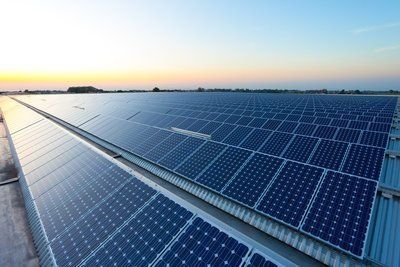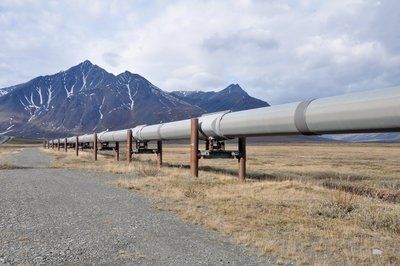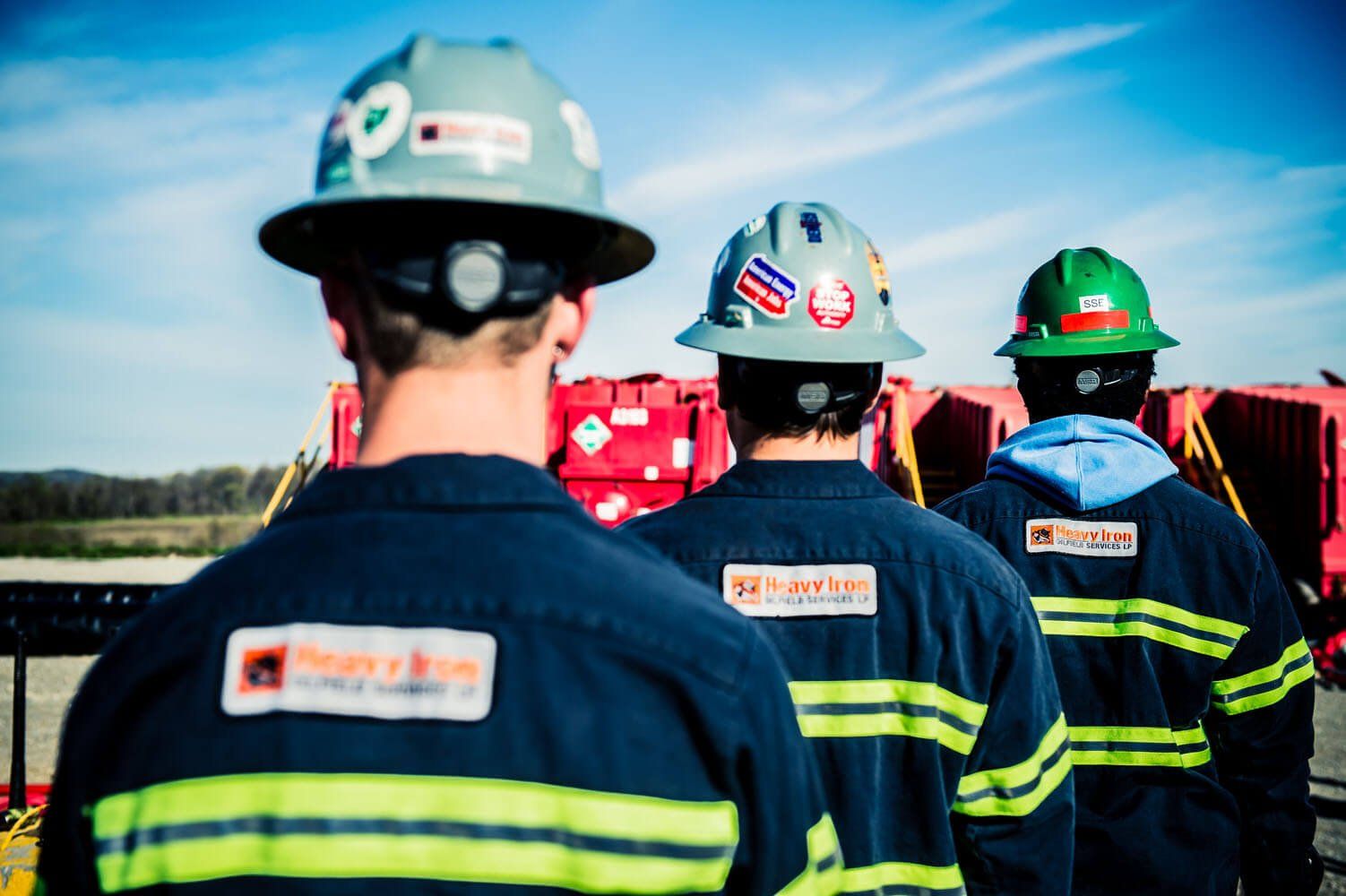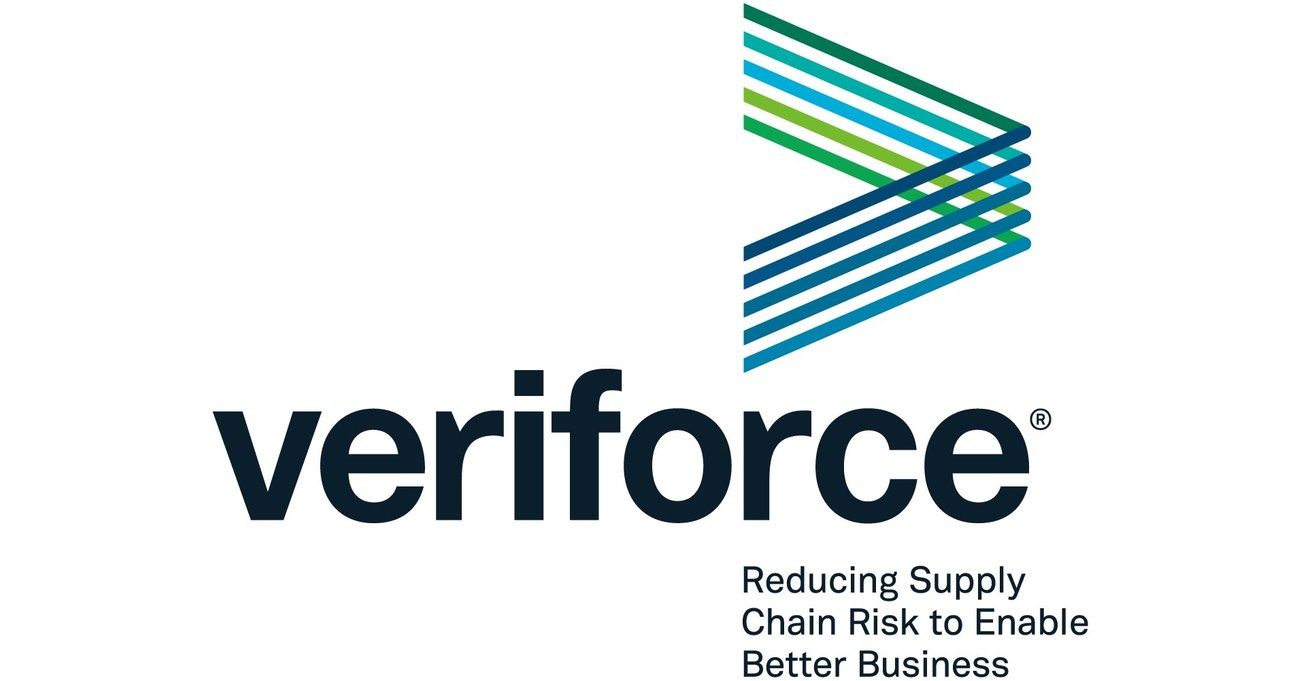HEAVY IRON NEWS
Backlash Against A New Well Control Regulation
- By Design Team
- •
- 29 Dec, 2015

THE NEW WELL CONTROL RULE PROPOSED BY BSEE
POTENTIAL HINDRANCES TO THE OIL AND GAS INDUSTRY
THE AMERICAN OFFSHORE ENERGY INDUSTRY SPEAKS OUT
The President of the American Offshore Energy Industry has also pointed out difficulties with these regulations, suggesting that it behooves the government, environmental organizations, and the oil and gas industry to acquire expert information regarding regulatory standards before enacting sweeping protocols. Better safety protocols for offshore energy operations can be achieved, it is suggested, by consulting with panels of experts and discussing the major risks that have to be managed. Otherwise, these regulations may not appropriately grasp the issues that offshore drillers encounter.
Well Control Rule has been under fire by industry experts and associations since it was first proposed in April of 2015. It is hoped by industry experts that the government will agree to consult with representatives of the oil and gas industry to create a better and more effective set of regulations. While the oil and gas industry does not deny that safety is incredibly important, it also believes that these regulations and protocols should be developed by those who are familiar with the industry.
Subscribe to Email Updates
Recent Post

| A new project in development in Oman may be able to revolutionize the way that people think about solar energy and oil and gas. The Miraah project currently being developed will use solar power in order to produce oil, thereby reducing the amount of natural gas Oman residences will need to rely upon. Ideally, the Miraah project will be able to address many of the outstanding issues with solar technology related to energy capture, while creating a more efficient and effective method of oil production. |








